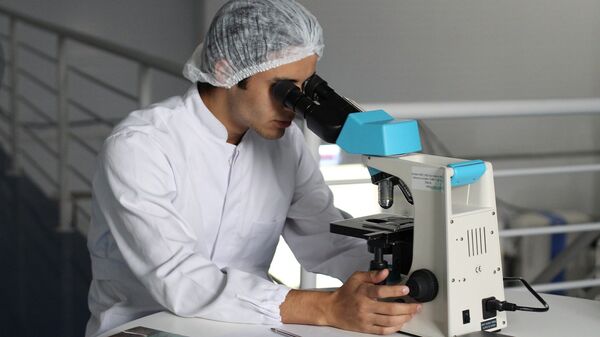The Monday report describes one particular incident in 2016 during which a scientist at one of UNC’s high-containment laboratories was bitten by a mouse infected with a lab-manufactured type of coronavirus and was allowed to resume her normal life without quarantining.
Moreover, UNC has “declined to publicly disclose key details about the incidents, including the names of viruses involved, the nature of the modifications made to them and what risks were posed to the public, contrary to National Institutes of Health guidelines,” according to the report’s findings.
“I think it’s definitely concerning to find out that four years later, this is something that happened and we weren’t privy to the information - that there are no regulatory agencies that then make the public aware of what’s going on,” Hancock told Political Misfits hosts Michelle Witte and Bob Schlehuber.
“Post-9/11, we have to be very concerned about bioterrorism and the use of agents such as pathogens in terms of inflicting widespread harm,” Hancock noted, highlighting the devastating effects that COVID-19 has had on society. Although there is no evidence to suggest that the COVID-19 virus was manufactured in a lab in Wuhan, China, that theory has still been floated by some people, including US President Donald Trump and US Secretary of State Mike Pompeo.
“We have to anticipate what may play out … we have to do it in a very responsible way,” she added.
The report also notes that the US Government Accountability Office since 2007 has warned that the proliferation of high-containment biosafety level 3 and level 4 labs in the US and across the world is increasing the risk of dangerous viruses and bacteria being released from those facilities.
“There should be consequences. I don’t care how much information you give to us to protect us; when you simultaneously put us at risk, you negate our benefit. So there should be more reporting measures in place,” Hancock said.
“The public should be made aware. They [UNC] wouldn’t even share the name of the pathogen that was released, but that was something that we should know,” Hancock noted.

